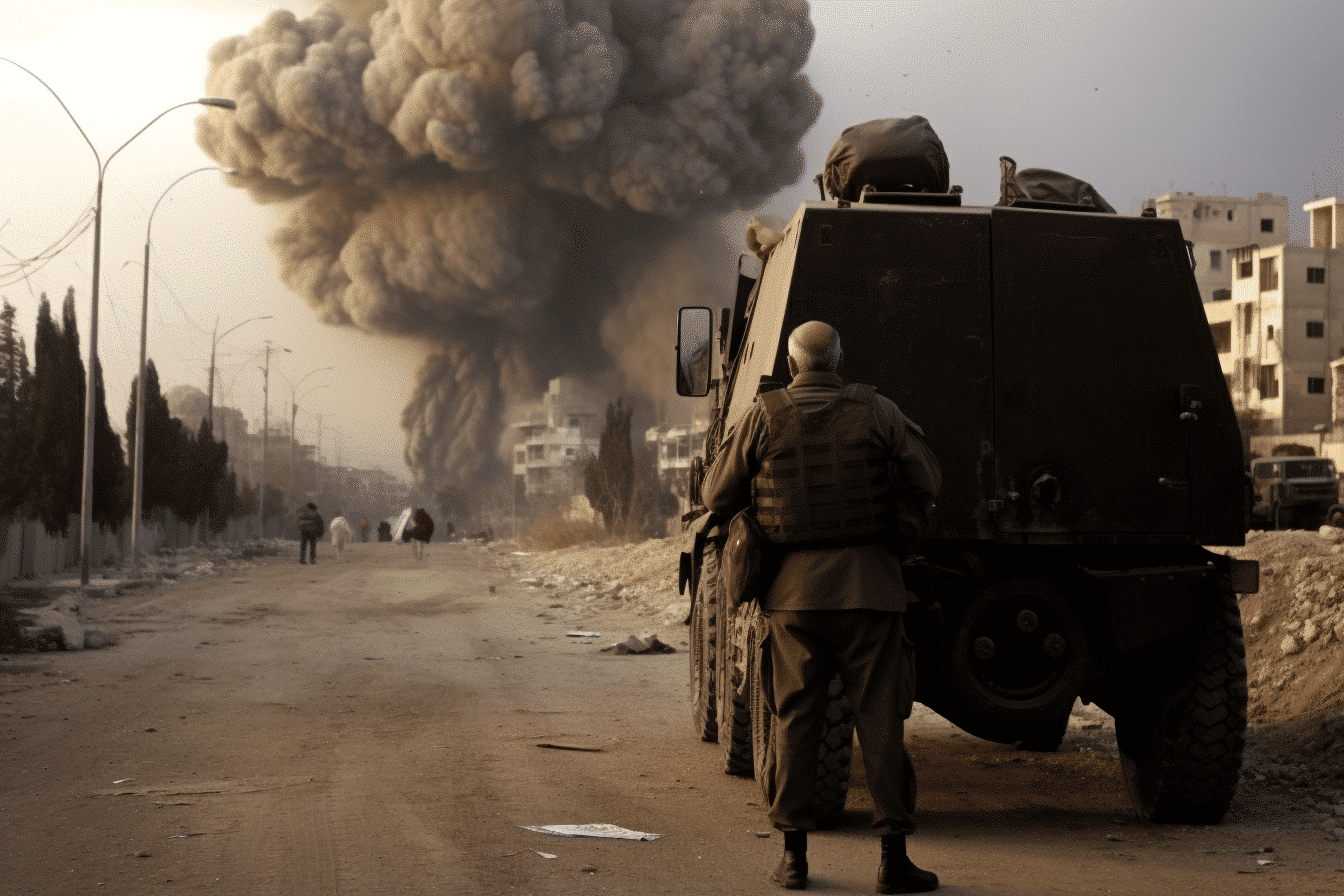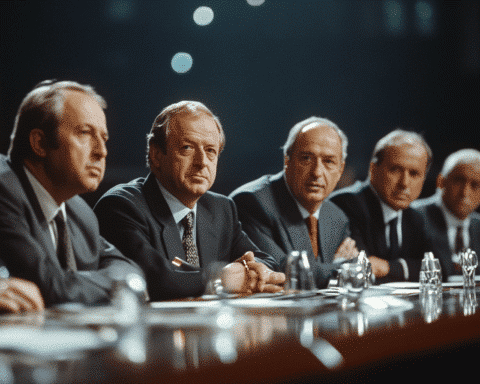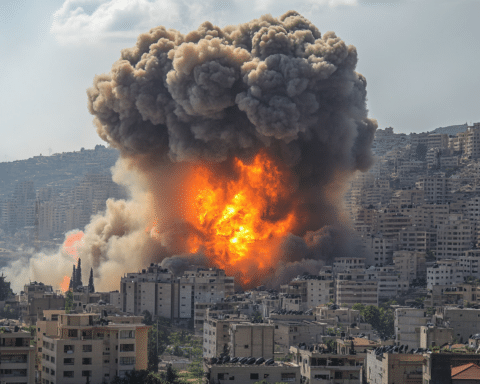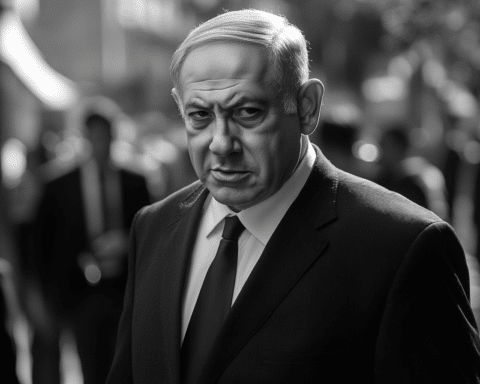The recent escalation between Israel and Hezbollah has drawn international attention and concern. Over the weekend, a rocket attack from Lebanon tragically killed 12 youths in the Israel-controlled Golan Heights, raising fears of a broader regional conflict. The United States has urged Israel to exercise restraint while addressing the situation, emphasizing the need for diplomacy.
U.S. Urges Caution as Israel Considers Response
In light of the rocket attack, the White House has underscored Israel’s right to defend itself but has also called for caution to prevent further escalation. John Kirby, White House national security spokesman, stated, “There’s no reason, in our view, this has to lead to some dramatic escalation. There’s still time and space for diplomacy.” Kirby highlighted the importance of avoiding a broader war, stressing that the conflict’s intensification could have severe consequences.
Flights to Beirut Affected by Rising Tensions
The escalating conflict has also impacted air travel. Due to security risks, several airlines, including Lufthansa, Swiss, Eurowings, and Air France, have suspended flights to Beirut. Air France emphasized that “the safety of its customers and crews is its number one priority,” while other airlines reported delays due to technical reasons related to insurance risks.
Diplomatic Efforts to Prevent All-Out War
Diplomatic channels are active as efforts to prevent an all-out war continue. A Western diplomat, speaking on condition of anonymity, noted that Israel is likely to keep its retaliation against Hezbollah within limits. “It’s clear that they want to take a stance without leading to a generalized conflict,” the diplomat said, hinting at a symbolic but controlled response.
Hezbollah’s Movements and Military Preparations
Hezbollah has started moving precision-guided missiles, indicating preparation for potential conflict escalation. However, an official with a Lebanese group clarified that Hezbollah does not seek a full-blown war with Israel. The official stated that Hezbollah would fight without limits if war broke out but reiterated the group’s preference to avoid such a scenario.
Netanyahu’s Visit and Local Protests
Israeli Prime Minister Benjamin Netanyahu visited the Golan Heights village where the rocket attack occurred. He vowed a severe response, stating, “Our response will come, and it will be severe.” However, some residents protested his visit, accusing him of using the tragedy for political purposes. This highlights the local population’s complex and emotional reactions to the ongoing conflict.
Call for Diplomatic Solutions
U.S. Secretary of State Antony Blinken has been in contact with Israeli President Isaac Herzog, urging both Israel and Hezbollah to step back from escalating their conflict. Blinken emphasized the importance of preventing further violence and pursuing diplomatic solutions to ensure the safety and security of civilians on both sides.
A Region on Edge
The Israel-Hezbollah tensions have placed the Middle East on edge, with the potential for a wider regional conflict looming. International efforts are focused on preventing an escalation, but the situation remains volatile. As Israel weighs its response and Hezbollah prepares for possible retaliation, the hope for a peaceful resolution persists amidst the uncertainty.




